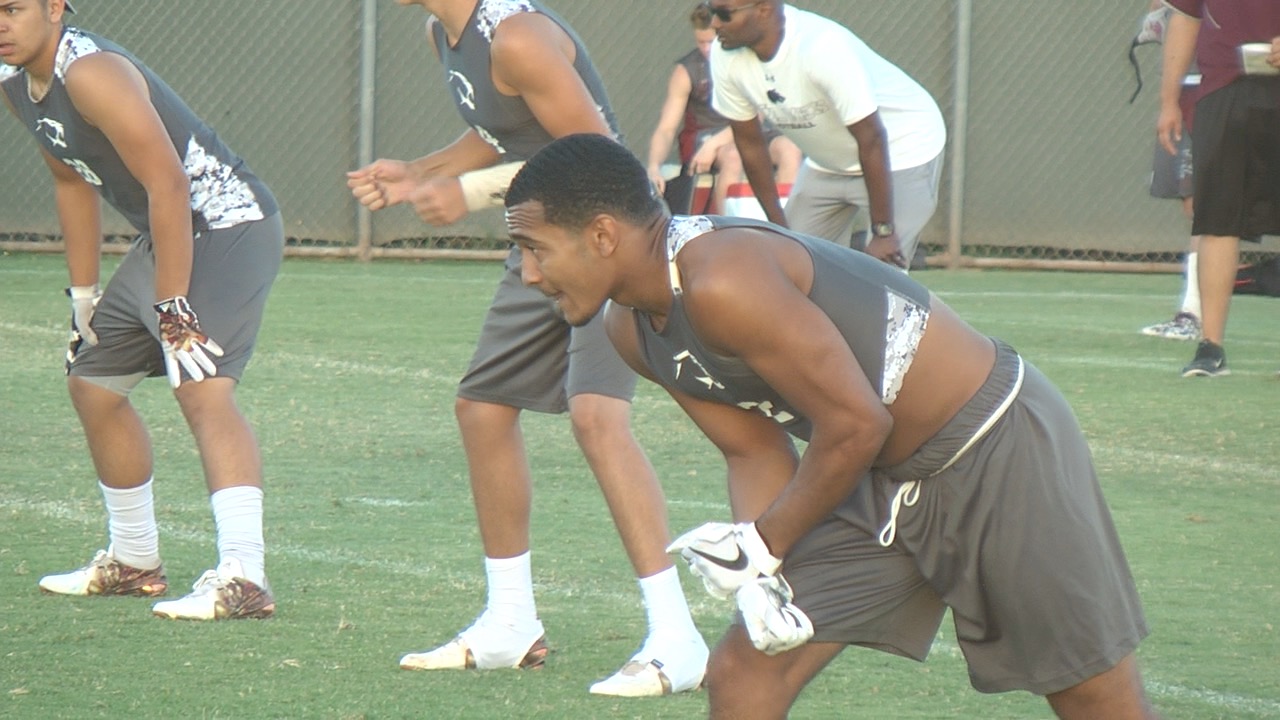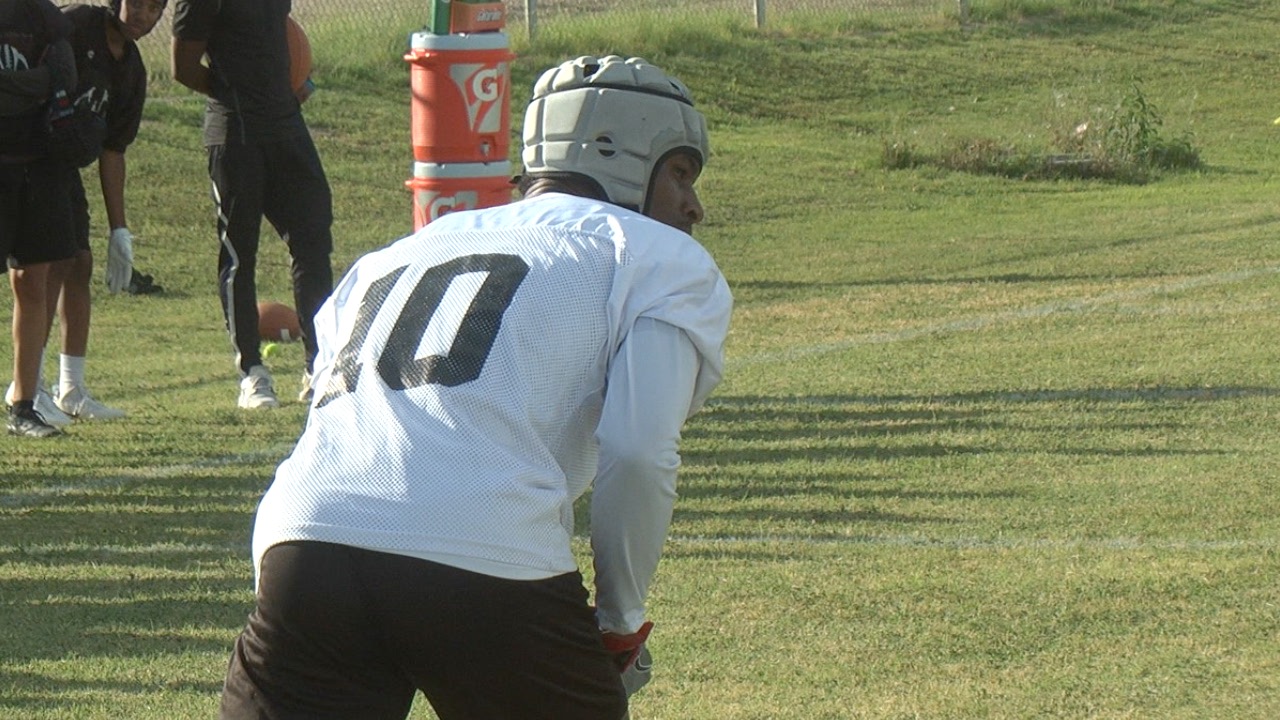Story By Jordan Moffat
The National Federation of State High School Associations (NFHS) announced Monday morning that high school students will not be able use their names, images and likenesses to receive money in any form.
The official statement provided by the NFHS says, “NFHS member state associations have rules in place that prohibit student-athletes from receiving money in any form that is connected to wearing their school uniform.”
“We don’t want kids to be benefiting from [NIL’s] as it pertains to their high school student-athlete identity,” said Dr. Karissa Neihoff, executive director of the NFHS. “When it comes to the actual high school locker room experience, the culture of the school community, and all that is unique when it comes to high school sports, we believe that professional contracts could be a real disruptor in terms of how [everybody involved] feels.”
If you don't know what the @NFHS_Org is, it's the HS version of the NCAA. Here is their position on NIL: "We do not want kids to be benefitting from name, image, and likeness as it pertains to their student-athlete identity… We are trying to protect the environment that is ours
— Dan Porter (@tfadp) July 14, 2021
Makayla Long, a Gatorade Track & Field Player of the Year from Perry High School weighed in, “I see it from both sides. There’s a lot of college athletes who might come from a low income [background] and if they can make money from their [NIL] while in college, why shouldn’t they? From a high school standpoint though, where does it stop? When are sports just going to be sports? It’s frustrating to hear this back and forth. You’re in high school, you’re still developing a love for your sport. You don’t even know if you want to pursue it in college.”
The NFHS also has regulations and bylaws already in place that protect amateurism, and don’t allow high school student-athletes to be paid while wearing their school’s jersey. They also believe that if high school student-athletes were able to make money off of their NIL, it would impact the college recruiting process.
“I think a lot of that already happens within recruiting. It’d be a huge marketing scheme for them,” Long said. “A kid might not even be thinking about actually wanting to go to that university. I think it’s just another way for coaches to manipulate young players.”
NCAA says high school recruits can profit off name, image and likeness opportunities. NFHS executive director says doing so would result in the athlete being ineligible through his or her state high school association. https://t.co/igMTyFHYdc
— Aspen Sports & Society (@AspenInstSports) July 7, 2021
“We’re concerned that if high school students are presented with a [shiny NIL contract], it can really detract from a student’s decision on where they want to go. We don’t want agents representing contracts to be the lead influencer on their decisions,” said Dr. Neihoff.
The NFHS also understands that some high school students make money off of their NIL through social media, which is permitted as long as they are not representing their high school in any way.
“We know that young people have followings. They have TikTok exposure, they have social media platforms. They’re entrepreneurs,” Dr. Niehoff stated. “But what we don’t want to see is that they’re professionals financially while they’re wearing the uniform of the school.”
Long added that, “There’s a lot of kids who don’t get exposure like the big name stars like [Bronny James]. There’s a lot of disadvantages in it because it’s not really a level playing field at all.”
The NFHS does not have plans to change and uplift this ruling any time soon as they believe the high school athlete experience is vastly different from the collegiate athlete experience.
“I’m glad the NFHS ruled that because kids just need to learn to love the game before they worry about trying to make a buck off their name,” said Long. “If [high school athletes were able to make money off their NIL], it could turn into the parents pushing their kids to make money. Kids don’t really deal with the finances and contracts, and then devolve into ‘Well, you’re not playing well enough and you need to get more sponsors!’”





